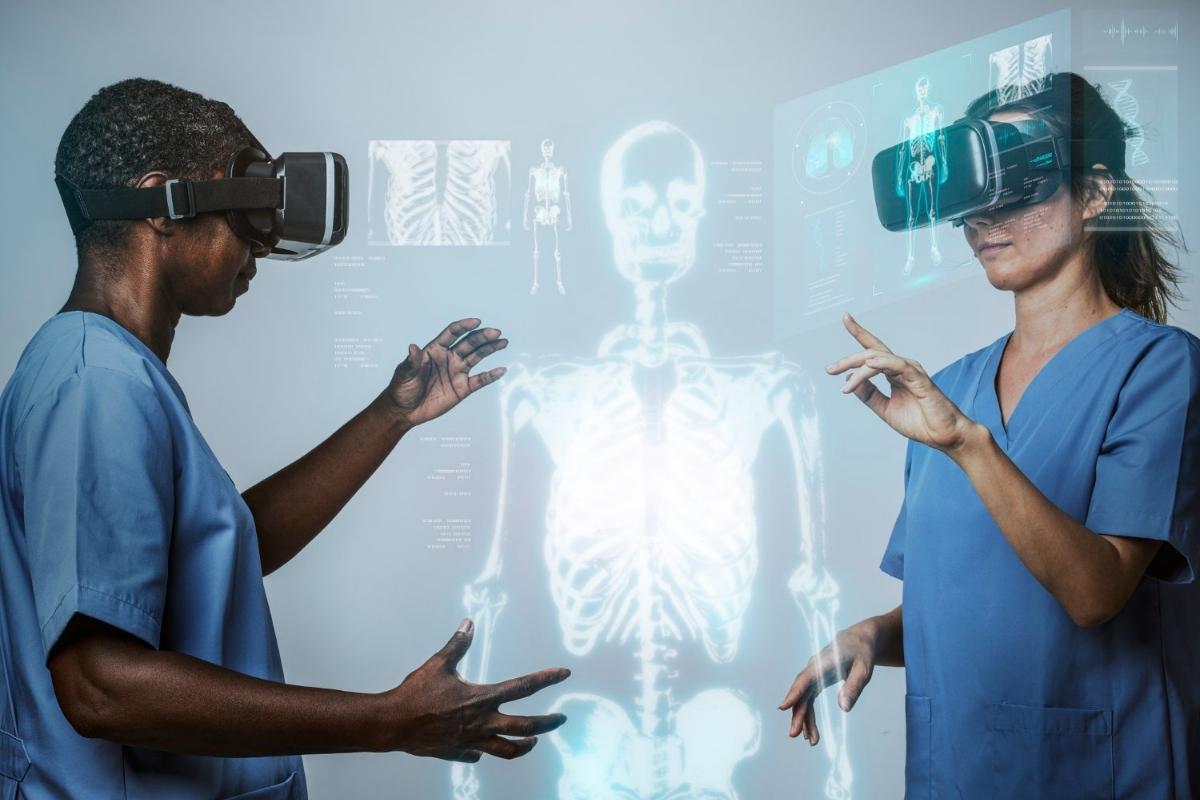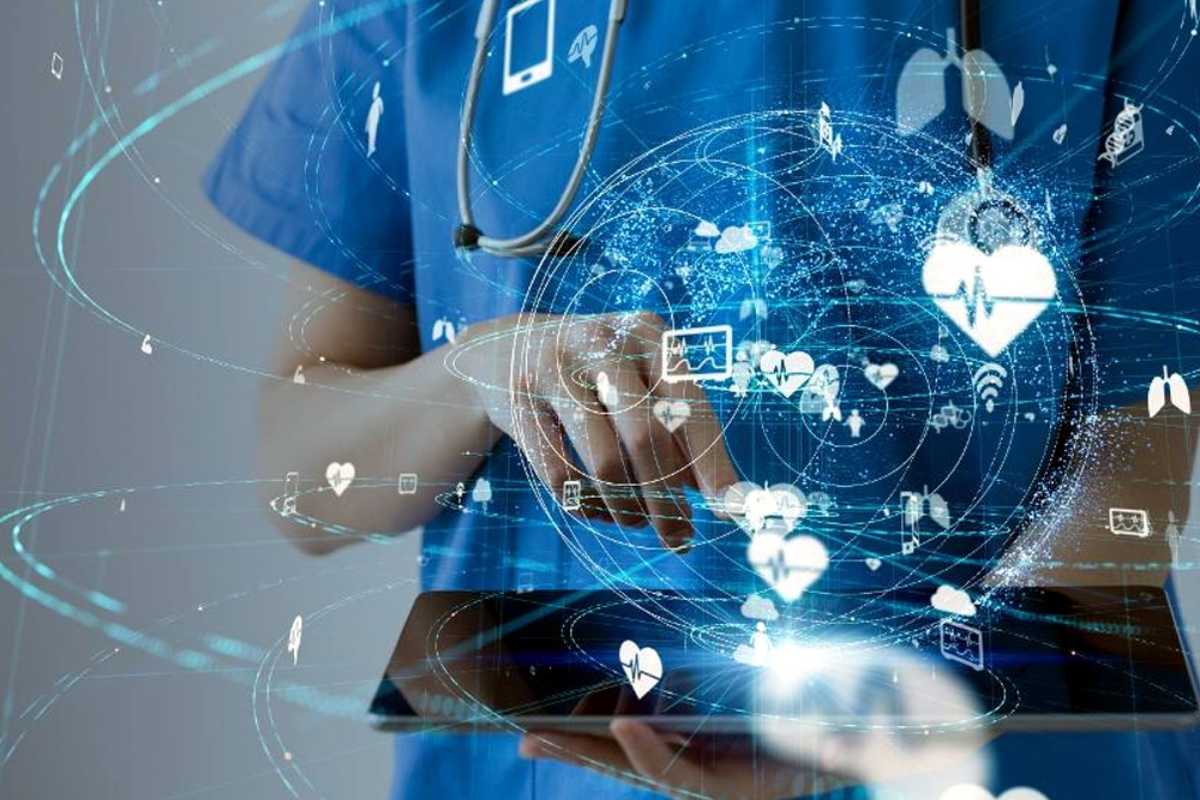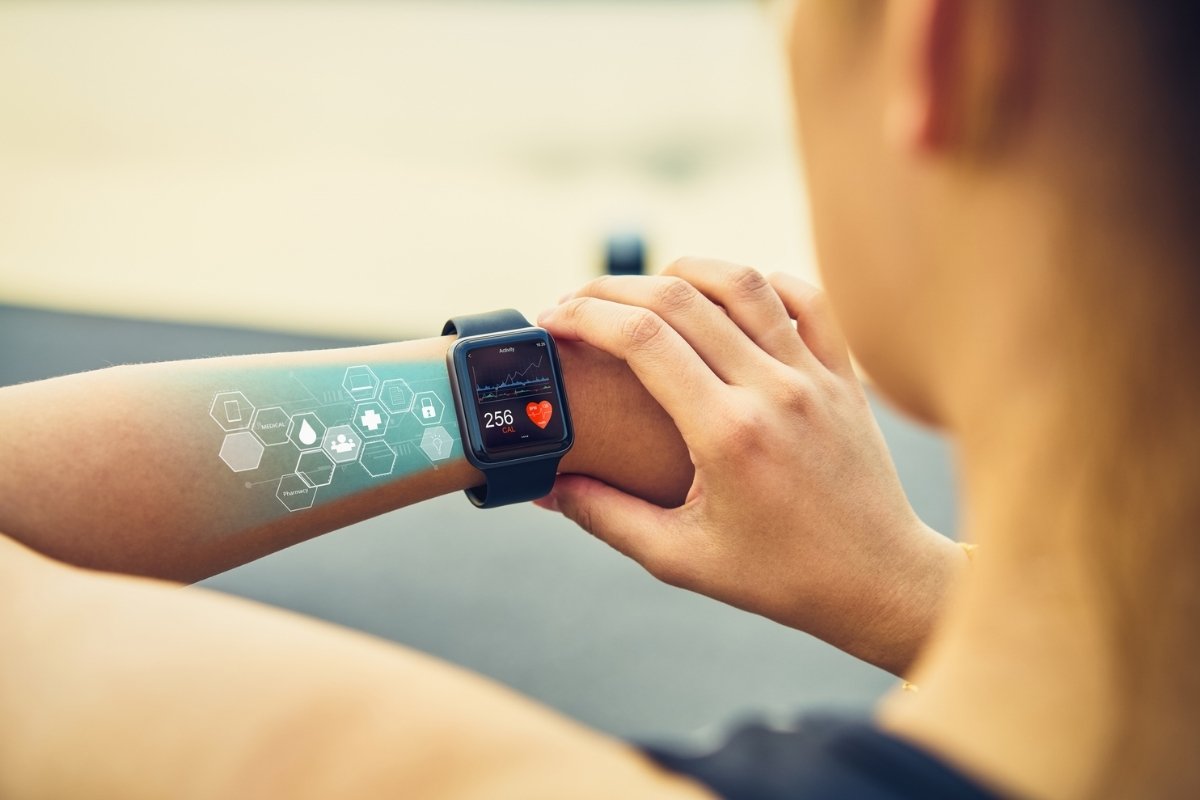The field of medicine is constantly evolving, with new discoveries and innovations transforming healthcare and improving patient outcomes. From cutting-edge treatments to revolutionary medical technologies, these advancements are reshaping the way diseases are diagnosed, treated, and prevented. This article explores some of the most recent breakthroughs in healthcare and medical treatment.
1. Revolutionary Cancer Treatments
Cancer remains one of the leading causes of death worldwide, but new treatments are offering hope for patients.
Immunotherapy
Immunotherapy harnesses the body’s immune system to fight cancer. It includes:
- Checkpoint inhibitors: Drugs like pembrolizumab and nivolumab help the immune system recognize and attack cancer cells.
- CAR-T cell therapy: A personalized treatment that modifies a patient’s T-cells to better target and destroy cancer cells.
Targeted Therapy
Unlike chemotherapy, which affects both healthy and cancerous cells, targeted therapy focuses on specific genetic mutations in cancer cells, reducing side effects and improving effectiveness.
Liquid Biopsies
A non-invasive method to detect cancer through blood samples, allowing early diagnosis and personalized treatment plans.

2. Advances in Gene Editing and Therapy
Genetic research has led to groundbreaking treatments that address previously untreatable conditions.
CRISPR-Cas9
This revolutionary gene-editing technology allows scientists to modify DNA sequences to correct genetic disorders such as:
- Sickle cell anemia
- Cystic fibrosis
- Certain types of inherited blindness
Gene Therapy for Rare Diseases
Gene therapy introduces new or corrected genes into a patient’s cells to treat genetic disorders. For example:
- Zolgensma: A one-time gene therapy for spinal muscular atrophy (SMA), a rare genetic disease.
- Luxturna: A gene therapy that restores vision in individuals with inherited retinal diseases.
3. Artificial Intelligence in Healthcare
AI is revolutionizing healthcare by improving diagnostics, treatment planning, and patient care.
AI-Powered Diagnostics
AI algorithms analyze medical images and detect diseases with greater accuracy than traditional methods. Examples include:
- Early detection of breast cancer in mammograms
- AI-assisted diagnosis of neurological conditions like Alzheimer’s and Parkinson’s disease
Robotic-Assisted Surgery
Robotic systems like the da Vinci Surgical System enable minimally invasive surgeries, reducing recovery time and surgical risks.
Virtual Health Assistants
AI-driven chatbots and virtual assistants help patients manage medications, schedule appointments, and track symptoms, improving overall healthcare accessibility.

4. mRNA Technology Beyond COVID-19
The success of mRNA vaccines against COVID-19 has opened new doors for vaccine development and disease prevention.
Cancer Vaccines
mRNA technology is being explored for personalized cancer vaccines that train the immune system to recognize and destroy tumors.
Universal Flu Vaccine
Researchers are working on an mRNA-based flu vaccine that provides broader and longer-lasting protection against multiple influenza strains.
HIV and Malaria Vaccines
Clinical trials are underway for mRNA vaccines that could provide effective protection against HIV and malaria, diseases that have eluded traditional vaccine approaches.
5. Regenerative Medicine and Stem Cell Therapy
Regenerative medicine focuses on repairing or replacing damaged tissues and organs.
Stem Cell Treatments
Stem cells have the potential to regenerate damaged tissues, offering hope for conditions such as:
- Parkinson’s disease
- Type 1 diabetes
- Heart disease
3D Bioprinting
Scientists are developing 3D-printed tissues and organs, which could eventually replace the need for organ transplants, reducing waiting times and donor shortages.
6. Wearable Health Technology
Advancements in wearable devices are empowering individuals to monitor their health in real time.
Smartwatches and Biosensors
Devices like the Apple Watch and Fitbit track vital signs such as heart rate, blood oxygen levels, and even detect irregular heart rhythms.
Continuous Glucose Monitors (CGMs)
These devices help diabetics monitor their blood sugar levels without the need for frequent finger pricks, improving diabetes management.
Remote Patient Monitoring
Doctors can track patients’ health remotely, enabling early intervention and reducing hospital visits for chronic disease patients.

7. Nanomedicine: The Future of Targeted Treatment
Nanotechnology is being used to develop highly precise drug delivery systems that target diseased cells while minimizing side effects.
Nanoparticles for Drug Delivery
Nanoparticles can deliver chemotherapy directly to cancer cells, reducing damage to healthy tissues.
Nano-Robots in Surgery
Tiny robotic systems are being developed to perform precise medical procedures at the cellular level, revolutionizing surgery.
Medical science is advancing at an unprecedented pace, bringing hope for better treatments, early disease detection, and improved patient care. From AI-powered diagnostics to gene therapy and wearable technology, these innovations are shaping the future of healthcare. Continued research, investment, and collaboration will be essential in making these advancements accessible to all, ultimately leading to a healthier world.


